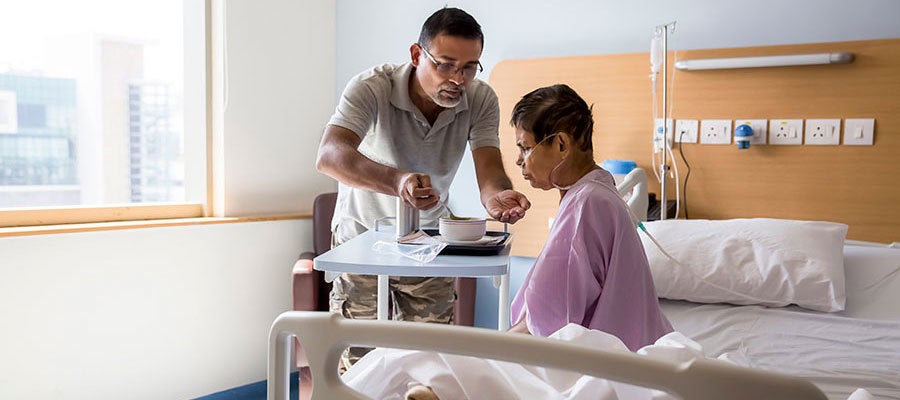The AHA’s Hospitals Against Violence initiative, Jones Day and HEAL Trafficking (Health, Education, Advocacy, Linkage) today held a special convening, Forced Labor in Health Care Supply Chains: What Hospital Leaders Need to Know to provide practical information and resources to health care providers. The meeting featured experts from the departments of Health and Human Services and State and the Association for Health Care Resource & Materials Management, a first-hand account from a trafficking survivor and a case study showing how hospital systems and supply chain leaders can collaborate to address forced labor in procurement processes.









